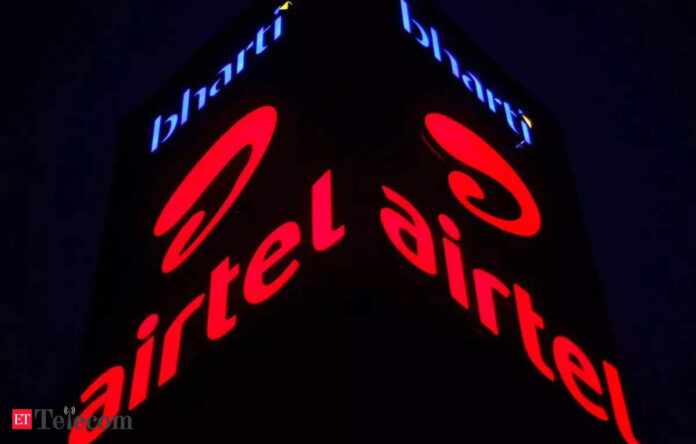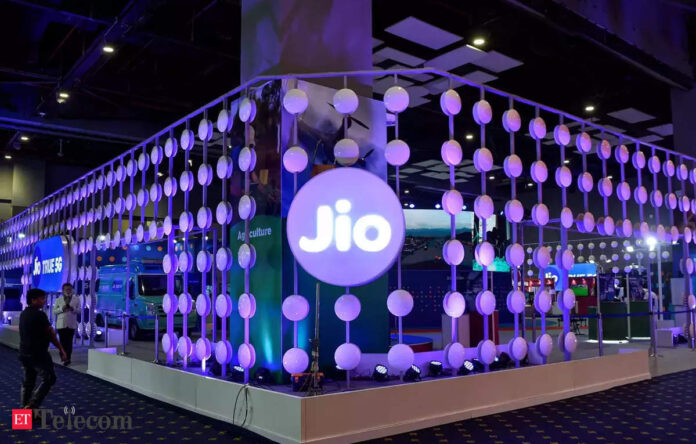In Short:
FMCG companies are changing their mergers and acquisitions strategies, focusing more on strengthening their core businesses rather than diversifying. This shift aims to enhance profitability amid inflation and competition. Recent notable acquisitions have been seen in the food processing industry, while firms prioritize integrating past deals to improve efficiency. Private equity is keen on seizing opportunities from this strategic shift.
Shifting Gears: FMCG Companies Refine M&A Strategies
New Delhi: In an intriguing twist, **FMCG** companies are adapting their mergers and acquisitions (M&A) strategies, moving away from diversification and honing in on their core operations. A recent report by **Deloitte** highlights this significant shift, driven primarily by the need for profitability in an increasingly competitive and inflation-driven market.
A Strategic Shift in Focus
The **Deloitte** report notes, “This trend reflects a strategic move by companies to strengthen their market positions and enhance profitability as they face increasing inflationary pressures. By acquiring firms that align closely with their primary operations, FMCG conglomerates aim to consolidate and leverage cost synergies, thereby protecting their bottom lines.”
A Closer Look at the Food Processing Industry
We’re seeing tangible examples of this shift in sectors like food processing—think spices, sugar, and tea. Notable M&A activity includes **Tata Consumer Products** snapping up **Organic India** and **Capital Foods**. Moreover, investments by various funds into direct-to-consumer brands have been noteworthy, as major players aim to expand their packaged food offerings by acquiring spice brands.
From Offence to Defence
Post-pandemic, many companies rapidly acquired assets to solidify their market positions in response to changing consumer behavior, which now favors wellness products and new age snacks. However, the tide has turned—FMCG companies are currently pivoting from mere diversification to extracting real value from their previous acquisitions. With volumes facing pressure due to high household inflation and stiff competition, it’s a strategic rethink for many.
Executives are now feeling the heat to demonstrate tangible benefits from their M&A activities. As growth in volume slows and margin pressures escalate, companies are recalibrating their M&A agendas to focus more acutely on core business operations and strengthening their bottom lines.
A More Defensive Approach
As a result, the M&A strategies in the **FMCG** sector are becoming more defensive. This includes consolidation within primary markets, pursuing acquisitions that align with long-term objectives, and focusing on operational integration to boost efficiency and profitability. Despite this shift, inorganic growth remains crucial as companies fend off competition from regional players, direct-to-consumer brands, and private labels.
“Dynamic changes in consumer behavior through the emergence of new business models such as quick commerce will necessitate M&A of brands offering convenience, health and sustainability,” commented **Anand Ramanathan**, partner and consumer products leader at **Deloitte India**.
Opportunities for Private Equity Firms
As **private equity** firms continue to nurture direct-to-consumer brands and niche players, they’ll also be eyeing the growing opportunities brought on by established players’ pressures to maintain market share. “The established players will continue to focus on their core to protect margins, which are being eroded by the growth of modern trade and e-commerce,” he added.
Zydus Wellness Eyes Growth
Recently, **Tarun Arora**, CEO of **Zydus Wellness**, shared in an interview with **Mint** that the company is considering investments in both international and domestic markets. He emphasized that Zydus aims for growth through innovation, organic expansion, increased market penetration, and acquiring complementary businesses. Zydus made headlines in 2018 by acquiring **Heinz India** for a whopping ₹4,595 crore, followed by strategic acquisitions of brands like **Glucon D** and **Complan**. Arora stated that the company is focusing on “specific and right-sized” acquisitions, with plans to allocate ₹100-200 crore for these endeavors.
In an exciting note, **Danone**, the French dairy giant, has expressed its appetite for M&A in India while emphasizing that expanding their core business will remain a top priority.





